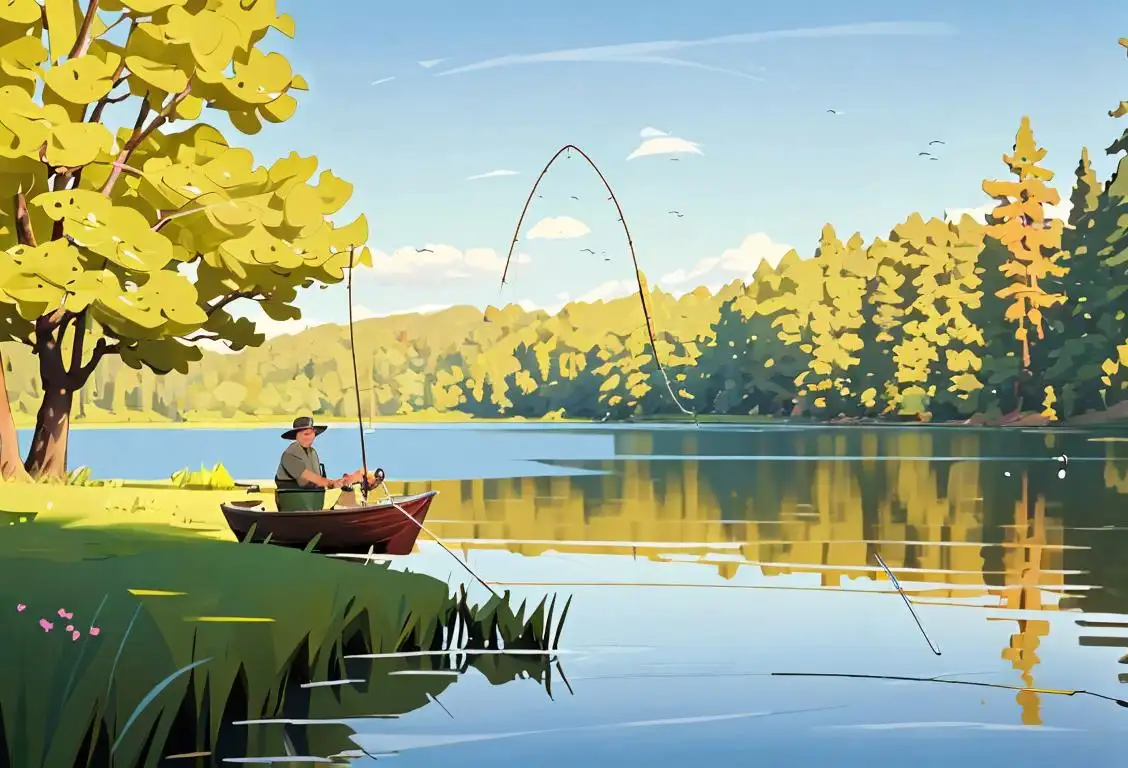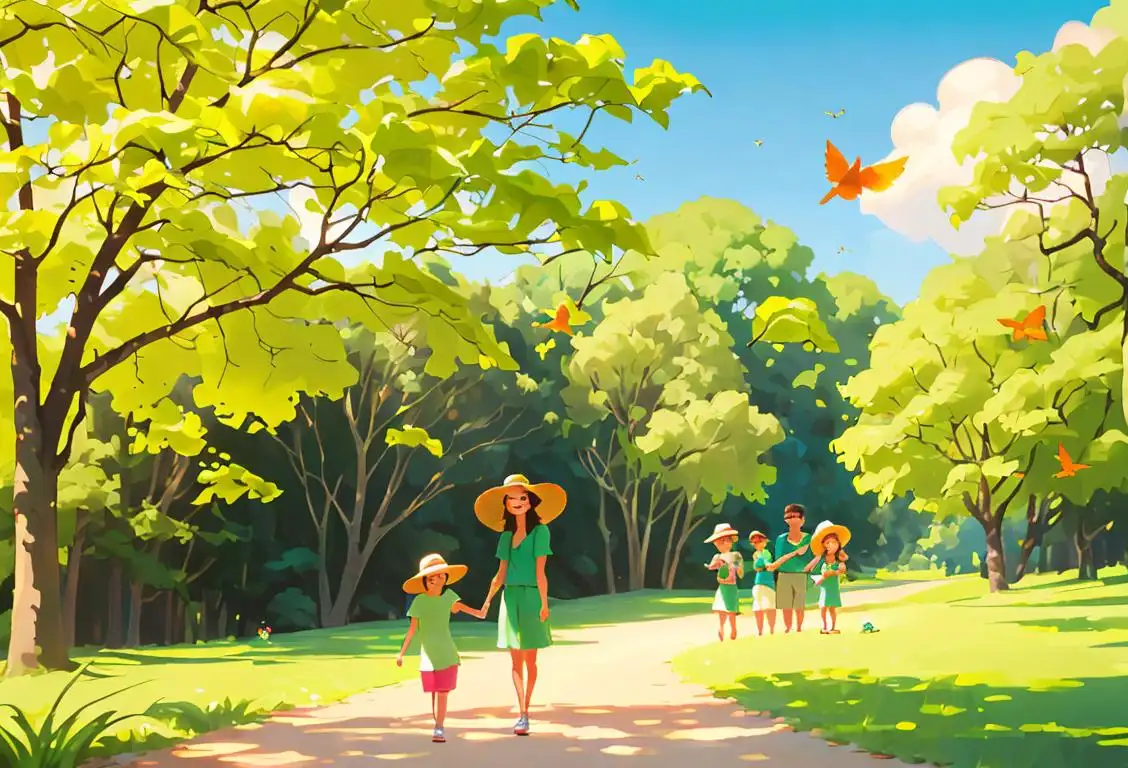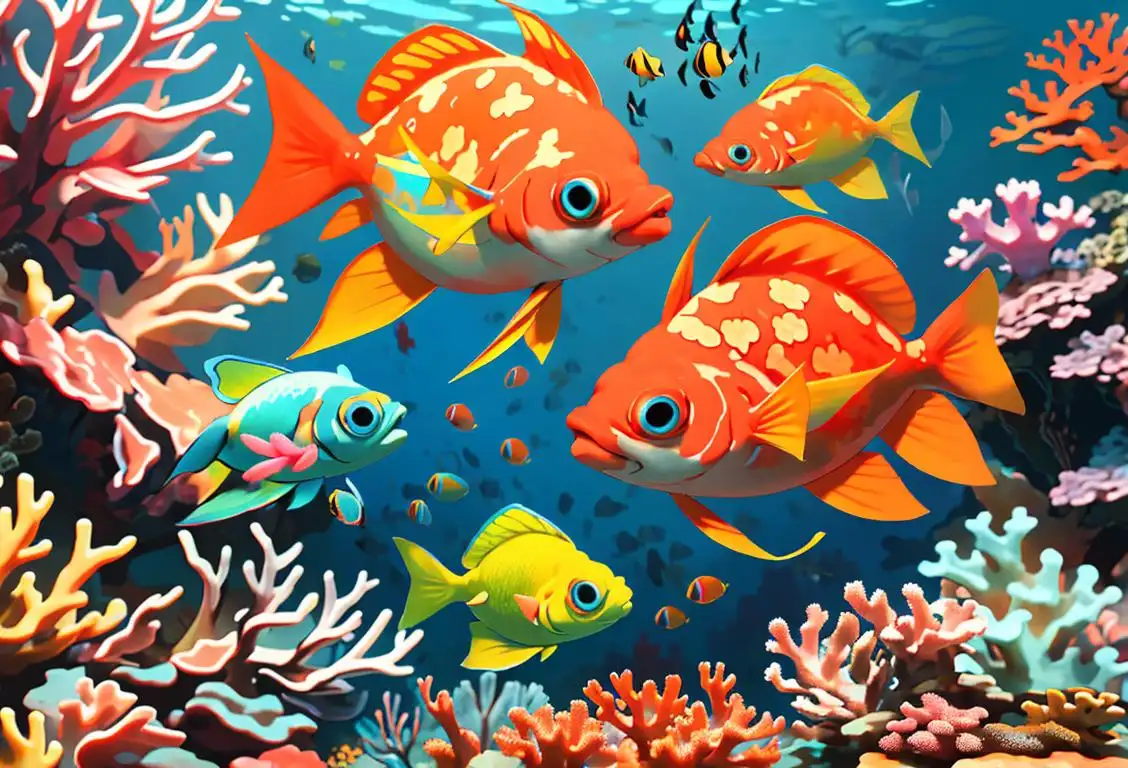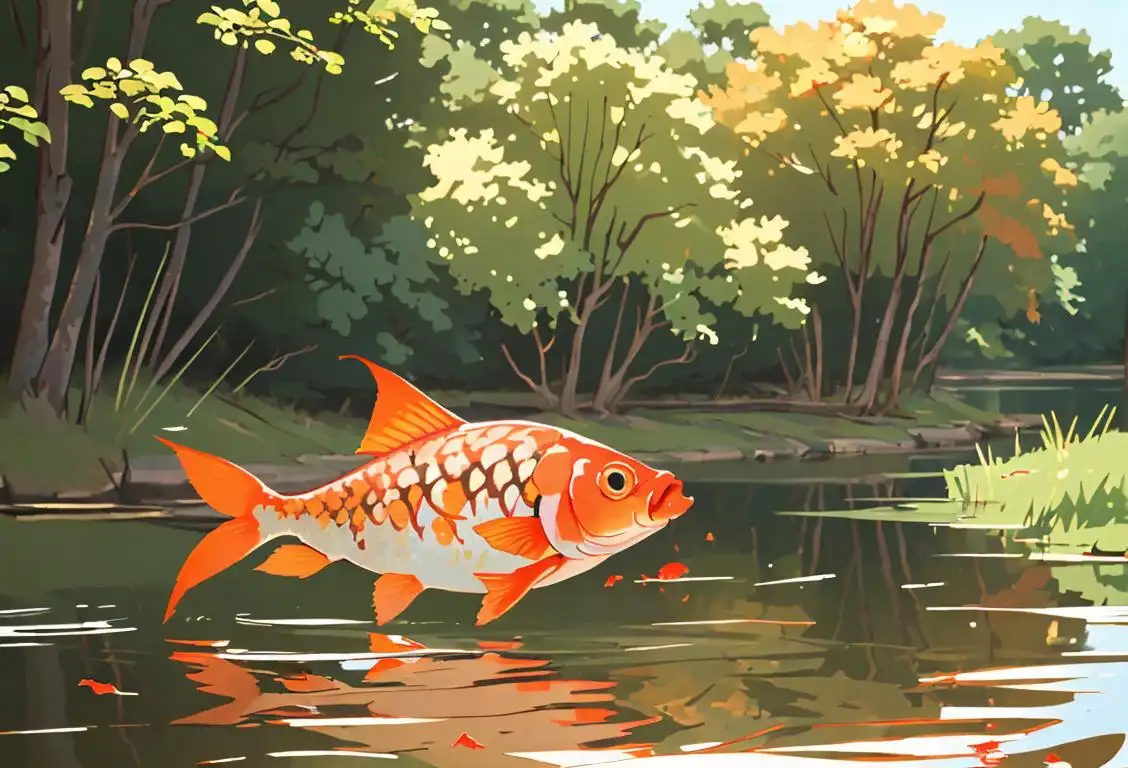National Canoe Day
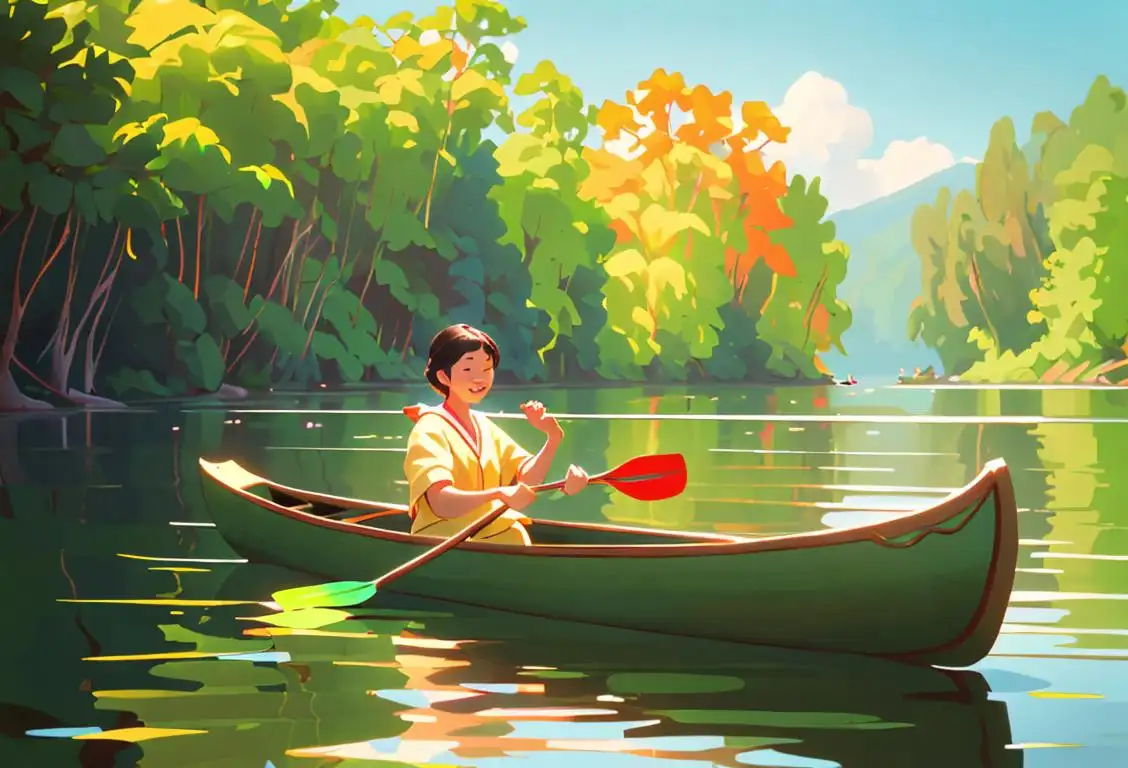
Ahoy, paddlers! Get ready to grab your oars and float through the whimsical waters of National Canoe Day! It's a day dedicated to celebrating the marvels of canoes and all the adventures they unleash. Whether you're gliding through calm lakes or battling mighty rapids, this day is all about embracing nature, testing your balance, and channeling your inner Lewis and Clark.
When is Canoe Day?
It's national canoe day on the 26th June.
The Origins of National Canoe Day
Picture this: it's a sunny summer day, and you find yourself leisurely drifting down a river in a canoe. The warm breeze kisses your face while the rhythmic sound of paddles hitting the water creates a soothing melody. It's pure bliss! But have you ever wondered how National Canoe Day came to be?
While its exact origin story remains shrouded in mystery, the essence of this marvelous day lies in celebrating the beauty and utility of canoes. These trusty vessels have been around for thousands of years, serving as indispensable modes of transportation for indigenous peoples, hunters, and explorers. Canoes have navigated lakes, rivers, and even treacherous whitewater, uniting people with the aquatic wonders of the world.
One theory suggests that National Canoe Day was unofficially established by avid canoe enthusiasts who simply couldn't contain their love for this age-old watercraft. They wanted to share their passion with the world and promote the joys of canoeing. And, my friend, we must thank them for that!
Canoeing in the Digital Era
In today's digital era, National Canoe Day has gained popularity through social media platforms, travel blogs, and outdoor enthusiast communities. It's a day when people gather online to share stories of their canoeing escapades or plan new adventures with friends and loved ones.
Canoe manufacturers and outdoor gear retailers also join in on the fun by offering special promotions and sharing helpful tips for beginners. Thanks to the power of the internet, you can easily find resources on everything from choosing the perfect canoe to mastering paddle techniques.
Did You Know?
Fun fact time! Did you know that the oldest canoe ever discovered dates back an astonishing 8,000 years? Found in the Netherlands, this ancient masterpiece continues to amaze archaeologists and canoe enthusiasts alike. It's a testament to the enduring legacy of the canoe and its role in shaping human history.
History behind the term 'Canoe'
3000 BCE
Early Beginnings
Canoeing has an ancient history that dates back to around 3000 BCE. The first evidence of canoes can be found in rock art and cave paintings in different parts of the world. These early watercraft were primarily built using hollowed-out tree trunks, such as dugout canoes, which were used for transportation and fishing purposes.
400 BCE
Invention of the Kayak
Around 400 BCE, the Inuit people of the Arctic invented the kayak. These were smaller, narrower boats than traditional canoes, designed for hunting marine animals in icy waters. The kayak was made with a frame of whalebone or driftwood covered in animal skins. It provided the Inuit with a vital means of survival in their harsh environment.
1000 CE
Introduction of the Outrigger Canoe
In the 10th century CE, the outrigger canoe was introduced by Austronesian-speaking people. The outrigger refers to the secondary floatation device attached to the side of the canoe, providing stability and preventing capsizing. This innovation allowed for more efficient long-distance travel, and outrigger canoes played a significant role in the exploration and settlement of the Pacific Islands.
1500s
European Contact and Canoe Adaptations
With the arrival of European explorers and colonizers, canoes underwent various adaptations. In North America, Native American tribes began using birchbark canoes, which were lighter and faster than dugout canoes. Additionally, European settlers introduced new tools and techniques, such as saws and metal fastenings, which allowed for more intricate canoe designs and enhanced durability.
19th Century
Canoeing as a Recreational Activity
During the 19th century, canoeing transformed from solely a mode of transportation to a popular recreational activity. In Europe and North America, canoe clubs were established, and recreational paddling gained popularity among the upper classes. Canoeing became associated with leisure, exploration, and nature appreciation, ultimately contributing to the development of outdoor tourism.
20th Century
Competitive Canoe Racing
The 20th century witnessed the rise of competitive canoe racing as a popular sport. The International Canoe Federation (ICF) was founded in 1924 to organize and regulate canoeing competitions worldwide. Canoeing became an Olympic sport in 1936, and various disciplines, including sprint, slalom, and marathon, have emerged, showcasing the versatility and skill required in mastering the different aspects of paddling.
Did you know?
Did you know that the oldest canoe ever discovered dates back an astonishing 8,000 years?Tagged
fun sports natureFirst identified
22nd June 2015Most mentioned on
26th June 2018Total mentions
956Other days
Parks Are Free Day
Hunting And Fishing Day
Canoe Day
Park On A Gorgeous Sunny Summer Day
Go Fishing Day
Fish Day
Carp Day
Cancer Survivors Day
Memorial Day
Gymnastics Day

